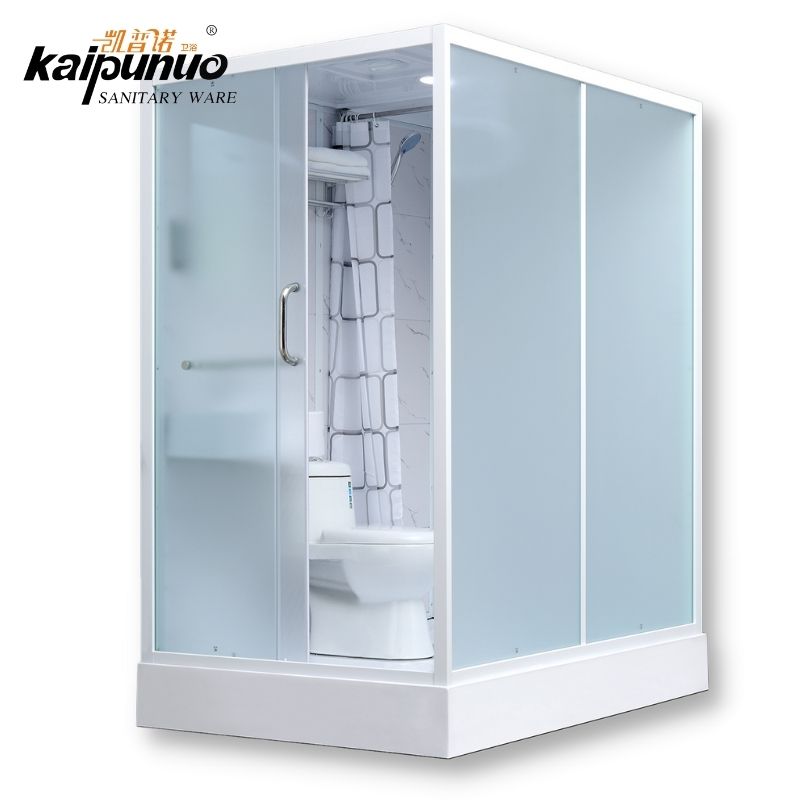Many people like to take a bath in a small independent space, and the shower room that can separate dry and wet has become a must-have for modern bathrooms and is favored by more and more consumers. However, there is also a lot of news about the self-explosion of the glass in the shower room, and personal safety will be threatened. But this probability is only 3/1000 of the probability that you encounter the shower room glass exploding. Why did you say that? Three thousandths is the self-explosion rate standard for shower room glass in my country.
Now many people have a question, that is, the thicker the glass of the shower room, the safer it is? What is the self-destruct rate? Glass has a certain self-explosion rate, and it is meaningless to pursue a very low self-explosion rate. Discussions about self-destruction rates have always been a hot topic inside and outside the shower room industry. People in the industry are always trying to reduce the probability of self-explosion of products, but consumers are worried. In fact, the self-explosion rate of entanglement and shower room is likely to be the wrong focus, and it is not necessary to pay too much attention to this data.
Why does the glass in the shower room explode?
The self-explosion rate of glass is related to the impurity nickel sulfide contained in its raw material. The lower the nickel sulfide content, the purer the glass and the lower the self-explosion rate. Although nickel sulfide in glass is invisible to the naked eye, it is not easy to make pure glass, and the cost will become very expensive, unable to meet market demand.

However, the self-explosion rate of first-line brands in the industry may be very low at present. The national standard is a self-destruction rate of 3/1,000, and high-quality products can be 1/10,000 or even lower. Of course, the lower the rate of self-destruction, the better, but even if the rate of self-destruction is 1 in 10,000, there is still the possibility of self-destruction. It doesn't make sense to get too attached to the data.
At present, the industry is also actively looking for ways to deal with the self-explosion rate. For example, the new solution is to put a transparent blast film on the shower enclosure. Even if the glass self-explodes, the glass fragments will stick to the explosion-proof film, forming an effect similar to "ice cracks" and will not spread everywhere. Such a simple method can well avoid and solve the problem of self-explosion of glass.
The reason why the shower room blew up was too thin?
The answer is: not so!
There are many news about the self-explosion of the glass in the shower room. Some people think that the self-explosion of the shower room is because the glass of the shower room is too thin, and it will be safer if it is thicker. But is it really so? In fact, this is not the case. Although the glass of the shower room that is too thick is strong, the thermal conductivity is worse if it is too thick, and it is more likely to cause self-explosion due to uneven heat dissipation. Moreover, the thicker the glass of the shower room, the load-bearing capacity of the hardware accessories is also a big test. If the quality is not good enough to bear the "weight" of the glass, it will have a certain impact on the service life of the shower room.
